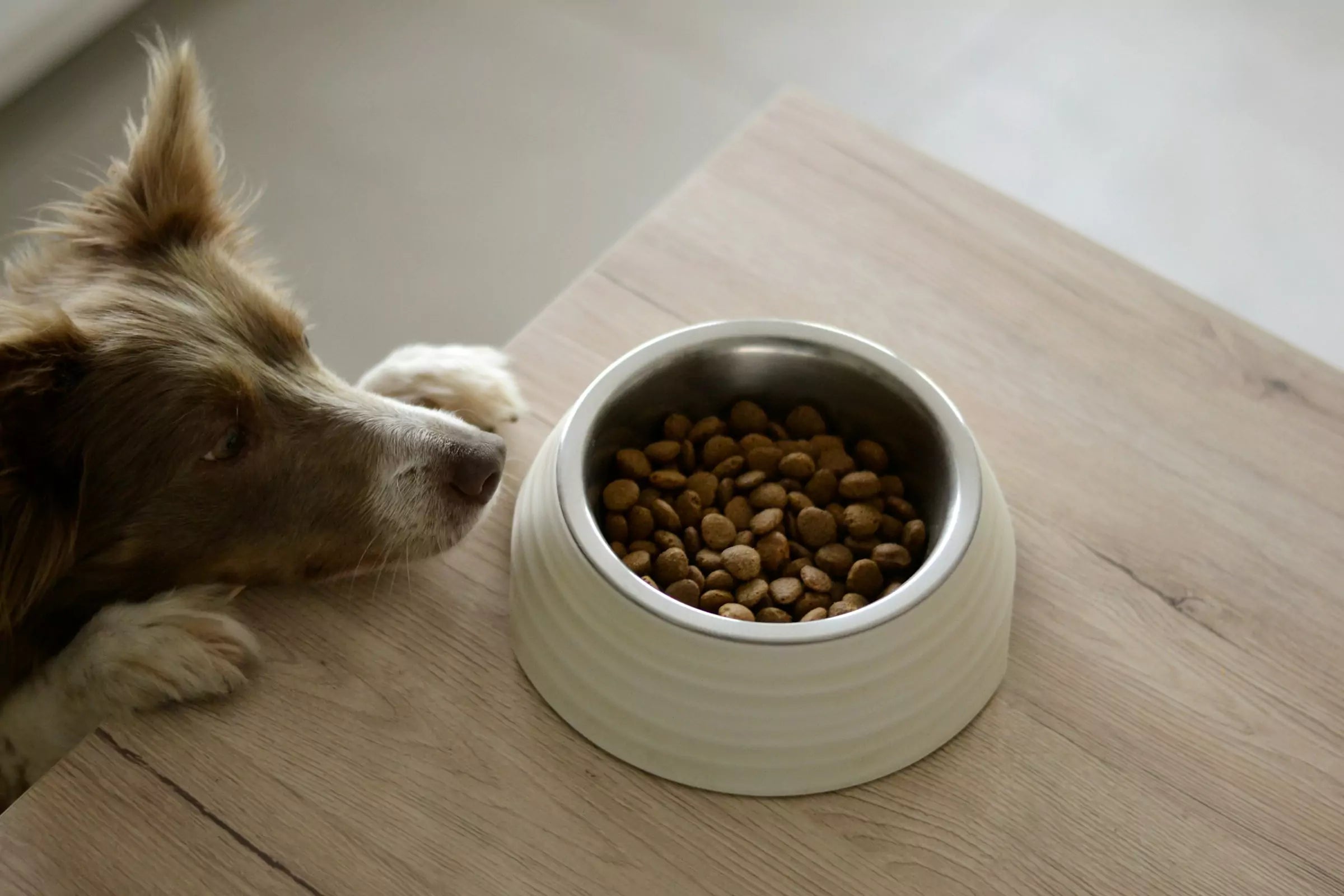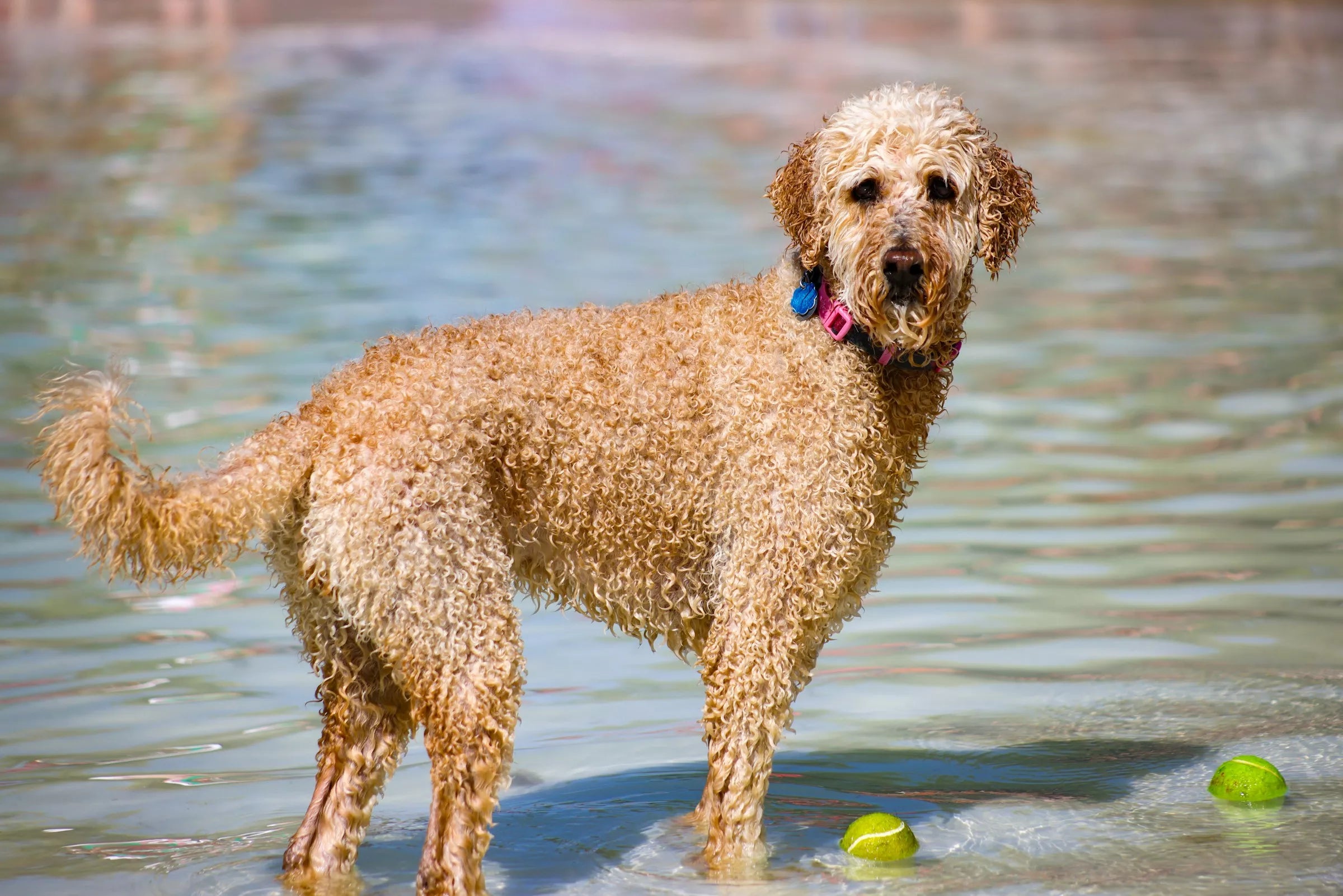Introduction
As a dog parent, you want the absolute best for your furry friend. Whether you’re browsing the pet food aisle or researching online, you’ve probably come across the grain-free diet trend. It seems like everywhere you turn, someone is talking about the benefits of grain-free food for dogs. But is it really the best choice for your pup? Let’s take a deep dive and break it down together, so you can make the best decision for your dog.
Why Do Dog Parents Choose Grain-Free Diets?

The idea of a grain-free diet has gained a lot of popularity in recent years. Many dog parents are drawn to the idea because of concerns over food allergies or digestive sensitivities. Some think grains might be causing their dog’s itching, digestive upset, or even weight gain. Plus, the grain-free diet trend in human food probably plays a role here. After all, if grain-free is good for us, it must be good for our dogs too, right? Well, it’s not that simple.
What Are Grains in Dog Food, and Are They Harmful?
Grains like wheat, corn, oats, barley, and rice are commonly found in many dog foods. These grains provide carbohydrates, which give your dog energy. Some people worry that grains are just "fillers," but that’s not entirely true. Grains actually offer nutritional benefits like fiber, vitamins, and minerals. And most dogs digest grains just fine without any issues.
So, are grains harmful? For the majority of dogs, no. They’re a source of nutrition and energy, just like meat or vegetables. The real question is whether your individual dog has a problem with grains—and that’s where the confusion starts.
The Nutritional Role of Grains in Dog Food
Grains provide important nutrients for your dog’s overall health. Not only are they a good source of energy, but they also contain fiber, which is great for digestion. Some grains, like rice, are gentle on the stomach, which can be helpful for dogs with sensitive tummies. But unfortunately, grains have been caught in the middle of some misconceptions, leading many dog parents to avoid them altogether.
The truth is, unless your dog has a specific intolerance or allergy, grains can be a valuable part of their diet.
What Does Grain-Free Really Mean?

When a dog food is labeled “grain-free,” it simply means that the formula doesn’t contain any grains. Instead, the carbohydrates typically provided by grains come from other sources, such as potatoes, peas, lentils, or chickpeas. These ingredients might sound healthier because they’re not grains, but they’re still starches and carbs. So, just because it’s grain-free doesn’t mean it’s necessarily better for your dog.
Does Grain-Free Mean Healthier?
Here’s the kicker: grain-free doesn’t automatically equal healthier. In fact, some grain-free dog foods can be just as processed or filled with unnecessary ingredients as regular dog foods. What matters most is the overall quality of the ingredients and the nutritional balance of the food, not just whether it’s grain-free.
Some dogs thrive on grain-inclusive diets, while others may do better on grain-free. Every dog is unique!
Understanding Food Allergies in Dogs
Many dog parents think that grains are the main cause of food allergies, but that’s not entirely accurate. In fact, grains are less likely to cause allergies compared to proteins like beef, dairy, or chicken. If your dog is showing signs of an allergy—like itching, digestive issues, or ear infections—it’s more likely due to a specific protein source rather than the grains in their food.
The FDA’s Investigation into Grain-Free Dog Food

You might have heard about the U.S. Food and Drug Administration (FDA) investigating a potential link between grain-free diets and a heart condition called dilated cardiomyopathy (DCM). This investigation started because some dogs on grain-free diets were developing DCM, which affects the heart muscle and can be serious if not caught early.
But before you panic, it’s important to remember that this connection is still being studied. There’s no definitive answer yet, but it’s something to keep in mind when considering a grain-free diet for your dog.
Grain-Free Diets and DCM (Dilated Cardiomyopathy)
DCM is a condition that weakens the heart and affects its ability to pump blood properly. While there’s still a lot to learn, some experts believe that grain-free diets, especially those high in legumes like peas and lentils, might play a role in the development of DCM.
If your dog is on a grain-free diet or you’re thinking about switching, it’s always a good idea to consult your vet about this potential risk.
Should You Worry About Grain-Free Dog Food?
While the FDA’s investigation is still ongoing, there’s no need to jump to conclusions just yet. The most important thing is to monitor your dog’s health and talk to your veterinarian if you have any concerns. Every dog is different, and what works for one pup may not work for another.
Choosing the Right Food for Your Dog

When it comes to picking the right food, grain-free or not, always look for a high-quality option with real meat as the first ingredient, balanced nutrients, and no unnecessary fillers. Your dog’s age, size, breed, and activity level all play a role in finding the right food. So don’t hesitate to consult with your vet—they’ll help you choose the best option for your furry friend.
Is a Grain-Free Diet Good for Puppies?
Puppies have different nutritional needs compared to adult dogs, and their developing bodies need the right balance of proteins, fats, carbohydrates, and other essential nutrients. It’s especially important to make sure they’re getting everything they need for proper growth. Most experts suggest avoiding grain-free diets for puppies unless there’s a specific medical reason.
Signs That Your Dog’s Food Isn’t Right for Them
Not sure if your dog’s current food is working for them? Watch out for signs like frequent diarrhea, vomiting, constant scratching, ear infections, or a dull coat. These could be clues that your dog has a food intolerance or allergy, and it might be time to explore other options.
Grain-Free Alternatives to Consider
If your dog truly needs to avoid grains due to an allergy or intolerance, there are plenty of other high-quality foods out there. Look for grain-free dog foods that still provide balanced nutrition from quality ingredients, including proteins like lamb or fish and healthy veggies like sweet potatoes or carrots.
Conclusion: Is Grain-Free Really the Best Choice?
At the end of the day, grain-free isn’t automatically better or worse for every dog. It all comes down to your individual dog’s needs. If your dog has a sensitivity to grains, a grain-free diet might make sense. But for most dogs, a well-balanced diet that includes grains can be perfectly healthy. The best way to know what’s right for your dog? Keep an eye on their health, stay informed, and work closely with your vet.
FAQs
1. Can a grain-free diet cause heart disease in dogs? There is some concern about grain-free diets being linked to heart disease (DCM), but research is ongoing. Always consult your vet before making diet changes.
2. What is the healthiest diet for my dog? The healthiest diet depends on your dog’s individual needs, but it should be well-balanced with real meat, quality carbohydrates, and necessary nutrients.
3. Is grain-free dog food good for weight loss? Grain-free dog food isn’t necessarily better for weight loss. If your dog needs to shed pounds, focus on portion control and overall calorie intake.
4. Can puppies eat grain-free food? It’s best to avoid grain-free diets for puppies unless recommended by a vet. Puppies have specific nutritional needs that grain-inclusive diets can often better meet.
5. How do I know if my dog has a grain allergy? Common signs of a grain allergy include itchy skin, ear infections, and digestive issues like diarrhoea. If you suspect an allergy, consult your vet for advice.















Share:
5 Signs You're a Great Dog Parent
How Much Water Should a Dog Drink a Day?